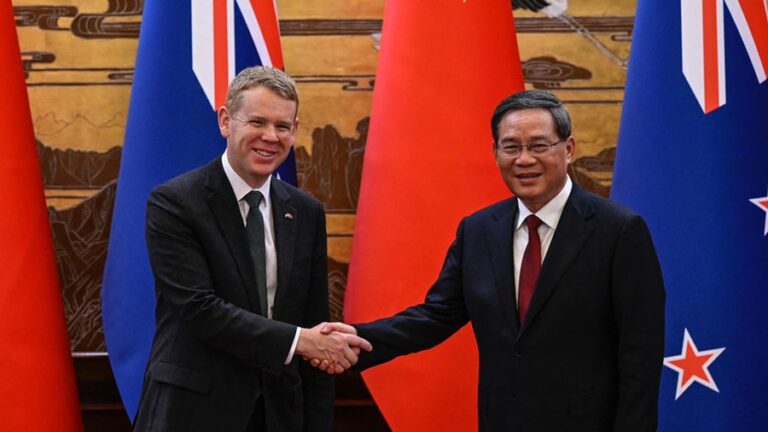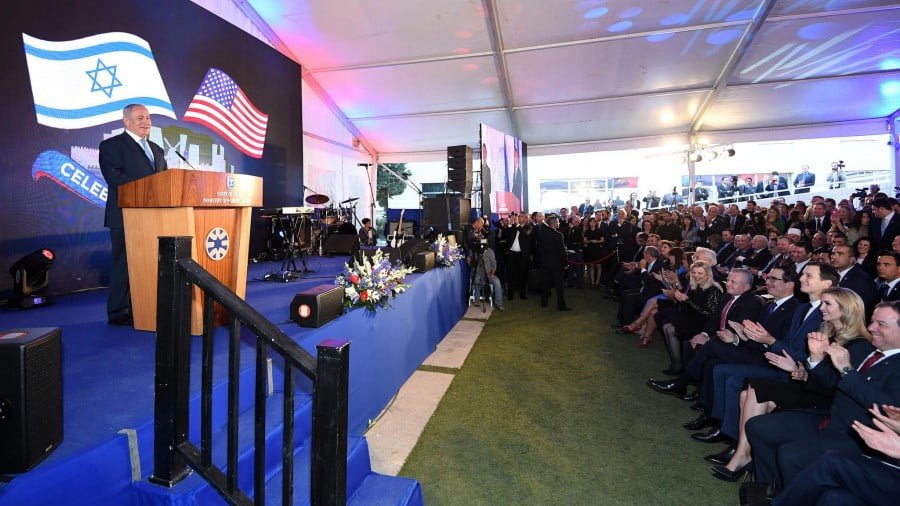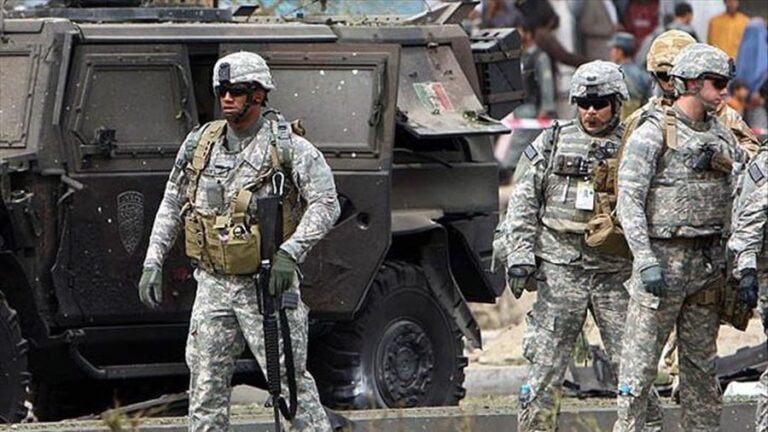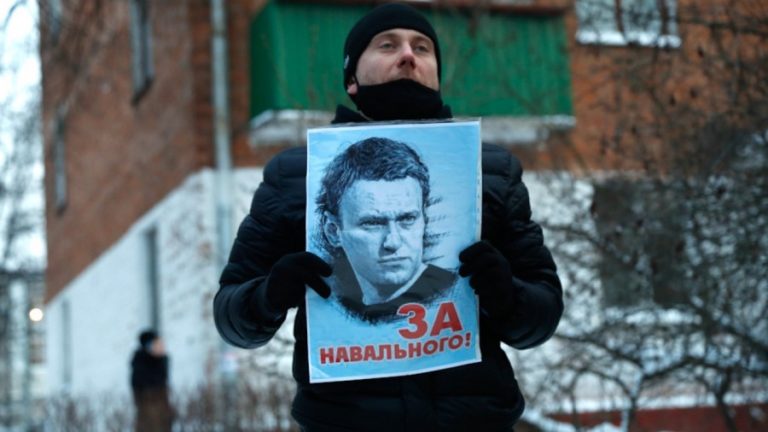Macron’s New EU 2.0 Will Make Him and France Great Again While Alienating NATO
Macron’s new bold plan to create a ‘community’ of EU countries plus non-EU members to form a new ‘super EU’ will give Macron everything he has ever dreamt of but it will also mean an EU army run by the French.
Macron’s new bold plan to create a ‘community’ of EU countries plus non-EU members to form a new ‘super EU’ will give Macron everything he has ever dreamt of but it will also mean an EU army run by the French. Merde!
For decades, one of the bugbears of the French was the voting system in Brussels which allowed only one member state to block big decisions. In recent years, it was often the UK which did this resulting in many foreign policy initiatives being halted before they even got off the drawing board. More recently though, it is not only the French who have complained about the voting system and want one more based on majority voting, as also Germany’s new leader has also voiced similar concerns.
Both France and Germany believe that not only could the EU’s floundering popularity be rescued but that Russian leader Vladimir Putin would not have invaded Ukraine, if the EU had much stronger and unified foreign policy.
As far back as 2003, Valerie Giscard d’Estaing, president of the European Convention — which ushered in the Lisbon Treaty in 2006 — argued for a ‘two-speed Europe’.
And now, almost twenty years later it is Emmanuel Macron whose own party was defeated at the polls in his own country, is championing a new group of EU countries — plus neighbours — who could be part of his vision for a new EU, one which has a lucid, singular vision of defence and security and one which, it should be pointed out, will ultimately divide the EU bloc into two groups: those who give tacit approval to outsourcing the EU’s big picture foreign policy endeavours and those who don’t.
Macron seems to be getting close to the vision of the two-speed Europe idea, which favours France obviously, with his new initiative of a ‘European Communities’ project as a date for its first conference where would be members can discuss their views of its role, will be held on October 6.
However, two key players may well not attend, scuppering the chances of it ever getting off the ground. The same day, Liz Truss, Great Britain’s new conservative Prime Minister is expected to attend the last day of her party’s first conference since she entered Downing Street. And Turkey is expected not to attend as EU members have rallied around the idea of blocking Ankara.
These two countries however are key. Both NATO members, they give Macron’s plan the crucial credibility it needs so he can justify the grandiose vision as “not EU 2.0”. He can firmly insist that he is not trying to take control of the EU’s defence and security apparatus in Brussels by having these two countries as members of the new community.
But in reality, this is exactly what Macron is trying to do. Breathing life into this old idea of d’Estaing of a two-speed Europe which has its big policies ran by France, with Macron the self-styled leader of such a new outfit. For Macron it is the only way forward to save both France and his own legacy as such a new ‘community’ would be such a huge event it would permanently place him in the media spotlight well after his term as France’s president expires in 2027. The author believes, in any case, that Macron will almost certainly position himself for the top job in Brussels of European Commission President which will become vacant in 2028, if this particular endeavour fails.
And there is every reason to believe it will, not least because at the core of it rests the deluded and misguided obsession with the EU having its own army, but also because it is a desperate bid to save Macron himself from obscurity.
There is also the tricky question of Germany. Berlin, it is being reported has its own ideas about being an EU member state which leads others to the battlefield. Scholz recently vowed to spend in one shot over 100 bn euros in revamping the German army and many pundits are speculating that Germany will go it alone with peacekeeping missions, with other EU member states joining it as junior members of what is essentially a European NATO in the making.
With an EU pillar within NATO as another pipe dream which many EU leaders clung onto since 2008, when it was clear that many were unhappy about being very servile members of the international coalition in Afghanistan, Berlin’s plans may well be a fly in the ointment of Macron’s — not withstanding its own failings to draw in Turkey and the UK.
Another reason why Macron’s plan is doomed to fail is that what he is proposing already exists in many ways and is up and running in Brussels. It’s called the ‘Council of Europe’, a 46-member state organisation formed in the wake of WWII aimed at enforcing human rights and protecting the citizens of liberties. It doesn’t have its own army and isn’t run by the French. And perhaps more importantly, it had Russia as a member until February of this year.
But it does have Turkey and the UK as members. And so, in many ways, Macron’s idea really isn’t very revolutionary at all. He simply wants a new ‘Council of Europe’ which excludes Russia and one which forms its own army. Amazingly, the thinking by Macron and the German halfwit who is the European Commission President Ursula von der Leyen, is that Putin would have never dared to invade Ukraine if the EU had its own army.
And so, if Macron’s career is to extend beyond his presidential term, or indeed be given a much-needed boost during it, the thinking is that he can pull off a double whammy in that he injects new life not only into his own presidency (which always had delusional ideas about being the leader of the EU anyway) and giving France a new role on the world’s stage. The EU may well have solved its own problem which has been nagging for well over two decades — who runs the EU army? — while France and Germany invent two different models of one. And once again, it will be the UK which determines if such a moronic European super plan will ever get off the ground as deciding to join it, would give it the final crucial vote of confidence that it needs for many sceptics within the EU who are more Atlanticist and less Franco-German axis in their thinking.







